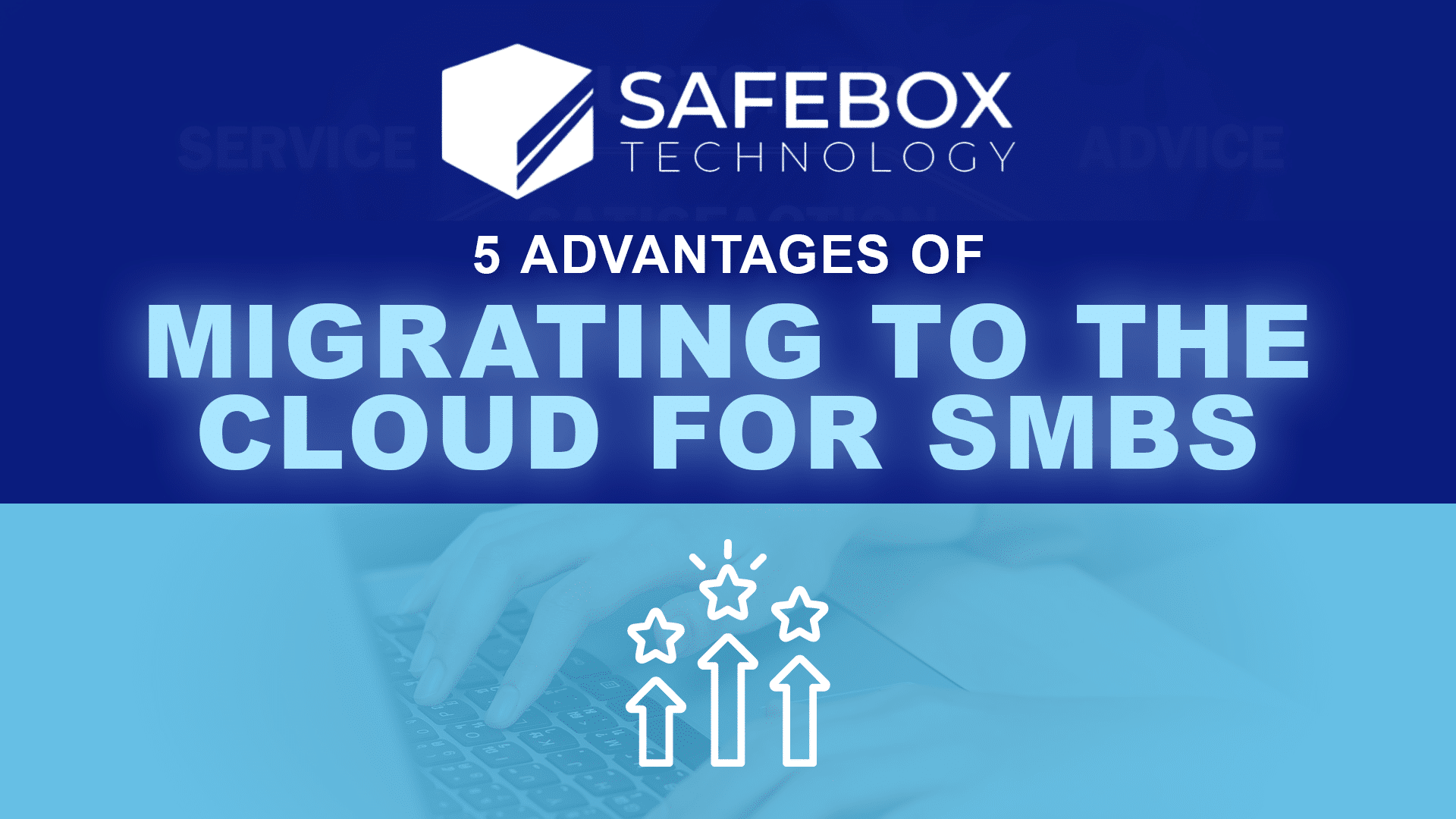When small business owners wake up, they do not usually think about computers, virtual machines, or data centers. What better time to remember how important your IT setup is than when systems or things stop working? Cloud migration is a smart, strategic move for small businesses ready to grow. Whether you want to save money, expand your operations, or allow employees to work from home, moving to the cloud is the first step.
Why Cloud Migration Is More Than Just a Tech Upgrade
Small and medium-sized businesses often view technology as an add-on that requires repair when it malfunctions. But that way of thinking is quickly changing. Moving to cloud-based infrastructure isn’t just about getting better servers or getting rid of real hardware. It’s about finding new ways to work, compete, and do well.
The 2024 State of the Cloud Report from Flexera says that 61% of SMBs have switched to cloud services for their operations in the last year. The main reasons for such adoption are lower costs, better scalability, and more effortless employee movement. These are company growth accelerators, not IT issues.
What Makes Cloud Migration a Smart Business Decision?
First, it’s essential to understand why so many small and medium-sized businesses are putting cloud platforms at the top of their list of priorities. In addition to improving IT, the choice will enable a more resilient, responsive, and scalable business strategy. Whether you want to cut costs, support a distributed workforce, or explore new ideas, the cloud provides a flexible foundation for long-term growth.
Let’s explore five key advantages of cloud migration for SMBs and how this shift can directly affect business goals.
1. Cost Efficiency That Scales with You
On-premises infrastructure is expensive to run. It quickly becomes costly when you add up the costs of buying hardware, software licenses, upkeep, and electricity bills. Moving to the cloud removes most of the capital costs and replaces them with a pay-as-you-go approach.
You don’t have to buy more power than you need “just in case.” You only pay for what you use. Small and medium-sized businesses (SMBs) that deal with changing demand or tight funds will benefit the most from this flexibility.
2. Agility and Speed to Market
Cloud benefits businesses beyond infrastructure in a world where speed is a competitive advantage. Using the cloud, you can set up new apps or services in days instead of months. Small and medium-sized businesses can try new things, change their minds, and grow faster than big companies tied to outdated IT systems.
When you start a new product, enter a new market, or bring on a remote team, cloud-based environments let you act quickly and confidently without waiting for traditional IT approval cycles or buying new hardware.
3. Enhanced Collaboration and Remote Work Enablement
Currently, flexible work is the preferred approach. Cloud tools make working together easy, even with different office locations, remote workers, or hybrid teams. Platforms like Microsoft 365, Google Workspace, and cloud-based customer relationship management (CRM) let you edit, talk, and view files from anywhere in time.
Moving to the cloud is good for business because it keeps teams connected, accelerates projects, and lets people be productive even when not in the office. This means workers will be happier at SMBs, and services will improve.
77% of SMBs say that cloud technology has made their employees more productive, primarily when they work from home or in a mixed setting.
4. Built-In Security and Business Continuity
People use cybersecurity to prevent cloud usage. It has become one of the most compelling reasons to move. The best cloud providers come with enterprise-level security features like encryption, multi-factor authentication (MFA), and tracking 24 hours a day, seven days a week.
This can make a huge difference for small businesses that don’t have their own security experts. Automatic backups, disaster recovery, and geo-redundant data storage defend against downtime, ransomware, and data loss.
According to IBM’s 2024 Cost of a Data Breach Report, cloud-based security solutions lowered breach-related costs by $2.22 million.
5. Future-Proofing Through Innovation
For businesses, moving to the cloud means getting access to cutting-edge technologies like AI tools, machine learning models, advanced analytics, and automation platforms without having to buy pricey hardware.
This openness to new ideas lets small and medium-sized businesses compete with larger companies. Cloud platforms allow testing, improving, and executing complicated ideas that weren’t possible before.
Small and medium-sized businesses can benefit from moving to the cloud in many ways, such as automating customer service and improving product management with predictive. Preparing for the future and staying ahead of trends are closely linked to the advantages of cloud migration for SMBs.
Ready to Make the Move?
Cloud technology is no longer just for big companies. It’s a powerful tool for companies of all sizes. Moving to the cloud allows SMBs to cut costs, become more flexible, allow employees to work from home, improve security, and set the stage for future growth.
Safebox Technology creates customized plans for cloud migration to help growing businesses get the most out of moving to the cloud. Our team is here to help you every step of the way, whether you’re just starting or want to make your current setup work better.

